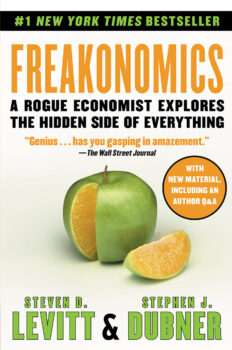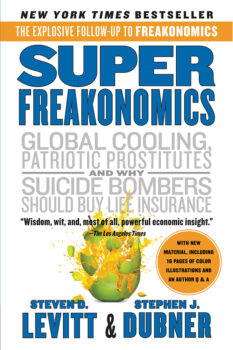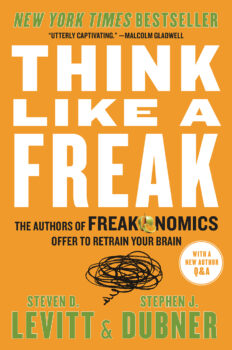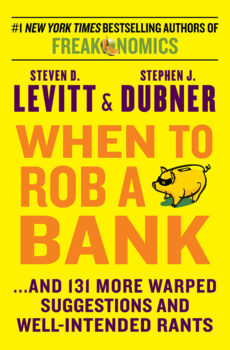What's in an Americanized Name?
What’s in a name? Steve Levitt and economists following on his work have examined how racial differences in given names generate (or don’t) differences in economic outcomes. A new paper (PDF) by Costanza Biavaschi, Corrado Giulietti and Zahra Siddique shows that first names mattered for immigrants to the U.S. in the first half of the 20th century: people who Americanized their given names did better economically thereafter.
But how to get around the possibility that those with more energy/ambition were more likely to change names—going from Giovanni to John or Zbigniew to Charles? Answer: use the complexity of the pre-change name to predict whether a person changes names; and this is a good predictor.




